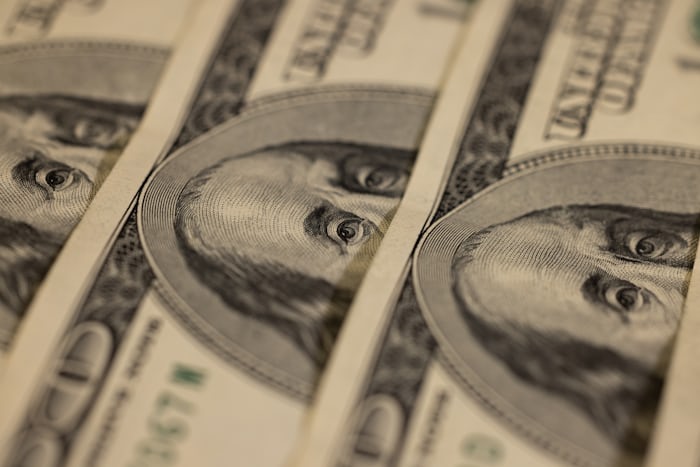How Central Banks Use Interest Rates to Curb Inflation

5th August 2024 4 mins read
What is Inflation?
Inflation is the sustained increase in the general price level of goods and services, which can erode the purchasing power of consumers and undermine economic stability.
Central banks are responsible for maintaining price stability, using various tools to combat inflation. One of the most effective tools is raising interest rates. In this blog, we'll explore how central banks use interest rates to curb inflation.
How does Interest rate affect Inflation?
When the CBN raises Interest rate, it has an effect on the economy through this various ways:
- Borrowing becomes more expensive:Higher interest rates increase the cost of borrowing for consumers and businesses, reducing demand for goods and services.
- Reduced Consumption and Investment: As borrowing becomes more expensive, consumers and businesses reduce their spending and investment, leading to decreased demand and lower prices.
- Currency Appreciation: Higher interest rates attract foreign investors, causing the currency to appreciate, making imports cheaper and reducing inflation.
- Reduced money supply: Higher interest rates reduce the money supply in circulation, further reducing demand and inflation.
How does the CBN raise the interest rate?
The CBN raises interest rate through various mechanisms such as:
Fedral Funds Rate: In the Nigeria, the CBN sets the federal funds rate, which affects the cost of borrowing for banks and ultimately consumers.
Repo Rates: In some countries, central banks set repo rates, which influence the cost of borrowing for commercial banks.
Open Market Operations: Central banks sell government securities to reduce money supply and increase interest rates.
Conclusion
Raising interest rates is a powerful tool for central banks to combat inflation. By increasing borrowing costs, reducing consumption and investment, and appreciating the currency, central banks can effectively curb inflation and maintain price stability. As economies continue to evolve, central banks will likely rely on interest rates to ensure a stable and prosperous economic environment.
Read Also
- Simple Ways to Save Money Every Day
- Smart Financial Moves for a Secure Future
- The Hidden Dangers of Credit and Debit- A Guide to Safe Financial Practice
- How to Avoid Overspending- Tips and Strategies for Financial Discipline
- How to Avoid Overspending- Tips and Strategies for Financial Discipline
- Building an Emergency Fund-Your Safety Net Against Debt